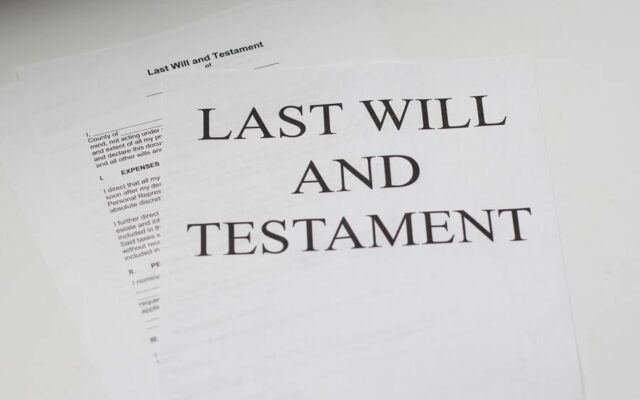
Probate is the legal process of administering an estate after someone passes away. If you are involved in a probate proceedings, you may encounter a number of legal terms that you may not be familiar with. To help avoid confusion, we’ve taken some time to explain a host of probate terms. Please contact us today if you need help navigating the probate process.
What are Some Common Probate Terms?
- Decedent: The person who has passed away and whose estate is being administered.
- Personal Representative (PR): The person named in a will to carry out the wishes of the deceased and manage their estate during probate. A PR’s job involves managing assets, paying bills, and distributing the estate to the beneficiaries. A PR is sometimes referred to as an executor.
- Administrator/Administratrix: If there is no will or if the named personal representative is unable or unwilling to serve, the court will appoint an administrator to manage the estate during probate.
- Beneficiary: A person or organization named in a will or trust to receive property from the estate.
- Probate Estate: The assets owned by the decedent that are subject to probate. These assets can include real estate, personal property, and financial accounts.
- Intestate: When a person dies without a will, their estate is considered intestate. The laws of the state will determine how the estate is distributed.
- Letters Testamentary/Letters of Administration: Court documents that grant authority to the personal representative or administrator to manage the estate during probate.
- Non-Intervention Powers: The process by which a personal representative or administrator is permitted to administer a probate estate free of court supervision.
- Testate: One who dies with a valid will.
- Assets/Property: The word “property” that is used extensively in estate planning essentially means “assets”, which is anything of value. This includes vehicles, antiques, boats, RVs, ATVs, real property, cash, bank accounts, firearms, life insurance, IRAs, investment accounts, securities, bonds, household furnishings, jewelry, a business, accounts receivable, etc. The list goes on. Some assets are considered probate assets, and some are non-probate assets.
Contact The McWilliams Law Group for Help
The established California and Washington estate planning attorneys at the McWilliams Law Group help you prepare for the future today.
Our firm provides legal assistance with the following:
- Will drafting, execution and review
- Living Trusts
- Advance healthcare directives (living Wills)
- Powers of attorney
- Estate and gift tax issues
- Guardianships and conservatorships
- Choosing the appropriate executor and/or trustee
The skilled attorneys at our firm can help thoroughly analyze your estate and strategize the best means of transferring your assets, minimizing taxes, establishing guardianship, and supporting philanthropic causes. Contact us now and let us help protect your personal security, family, and legacy.


